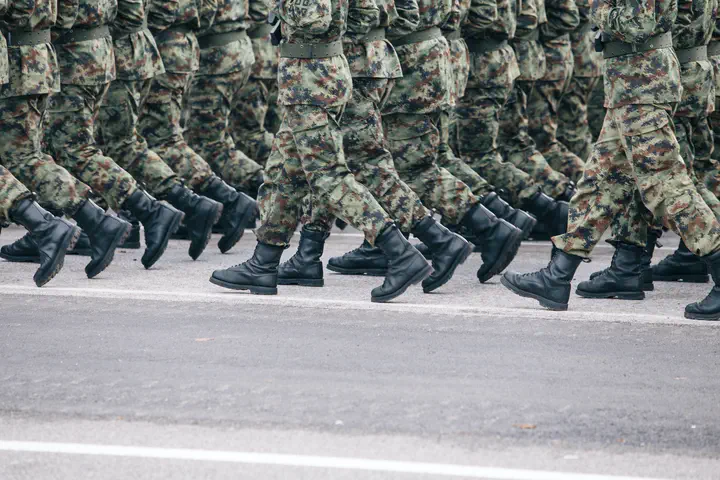Posttraumatic Stress Disorder and Somatic Complaints in a Deployed Cohort of Georgian Military Personnel: Mediating Effect of Depression and Anxiety
 Image credit: [Unsplash](Photo by NordWood Themes on Unsplash)
Image credit: [Unsplash](Photo by NordWood Themes on Unsplash)
Abstract
Several studies have shown the relationship between symptoms of posttraumatic stress disorder (PTSD), somatic symptoms, and the mediating effect of depression and anxiety. The following study was conducted to investigate the relationship between PTSD symptoms and somatic complaints through underlying symptoms of depression and anxiety. The participants of the study were 2,799 veterans who were examined after a 6-month deployment. They were assessed using the PTSD Checklist (PCL-5) and Patient Health Questionnaire (PHQ) for depression, anxiety, and somatic complaints. To check the indirect effect of PTSD on somatic complaints through depression and anxiety, mediation model 4 (parallel mediation) of the SPSS PROCESS macro was used. There was a significant total indirect effect of PTSD through depression and anxiety on somatic complaints, b = 0.14, 95% confidence interval (CI) [0.12, 0.16], from which an indirect effect of PTSD on somatic complaints through depression was b = 0.08, 95% CI [0.06, 0.10], and through anxiety it equaled b = 0.06, 95% CI [0.04, 0.07]. The ratio of indirect to total effect was 0.66, 95% CI [0.59, 0.75]. The present study helps us to understand the role of depression and anxiety symptoms when the symptoms of PTSD and somatic complaints are present. These new findings may have implications for the management as well as treatment of PTSD because they recognize the importance of symptoms of anxiety and depression when somatic complaints are present.